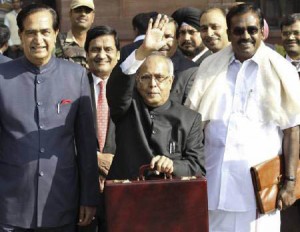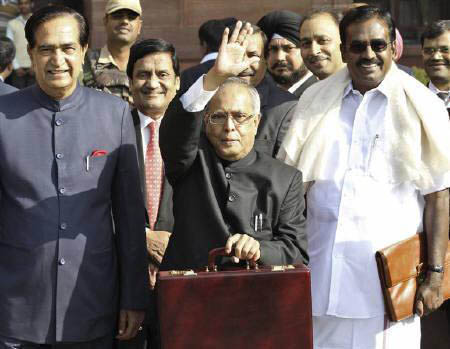 A White Paper on black money tabled in Parliament on Monday, May 21, has named real estate among others as most vulnerable to menace of black money. Given that land is part of the top black money generators, the white paper suggested that states could consider taxing farm income to curb black money.
A White Paper on black money tabled in Parliament on Monday, May 21, has named real estate among others as most vulnerable to menace of black money. Given that land is part of the top black money generators, the white paper suggested that states could consider taxing farm income to curb black money.“One of the measures for deterring use of the real estate sector for generation and investment of black money could be the provision of deducting tax at source on payments made on real estate transactions and mandating it as a pre-condition for registering of the transacted property,” the White Paper on black money prepared by the Finance Ministry said.
The current provisions of the direct tax legislation provide for mandatory furnishing of the tax identification number by the buyer and seller of an immovable property if the value exceeds Rs 5 lakh, it said.
Also, every registry of property is required to furnish annually information regarding transactions in immovable property if the value exceeds Rs 30 lakh, it said. However, it said, as many registrar offices still operate on a manual system, there are a number of gaps and lapses in the reporting of such transactions.
Besides, the paper has suggested more effective reforms in the real estate can yield a significant dividend in the form of reducing generation of black money in the long term.
It has also suggested for introduction of the provision of no objection certificate (NOC) in the income tax law with safeguards to reduce administrative complications and increased ease of compliance, so that an appropriate and uniform database is set up and a proper national-level regulation also put in place.
The real estate sector in India constitutes about 11 per cent of the GDP, it said, adding, investment in property is a common means of parking unaccounted money and a large number of transactions in real estate are not reported or are under-reported.
The report noted that due to rising prices of real estate, the tax incidence applicable on real estate transactions in the form of stamp duty and capital gains tax can create incentives for tax evasion through under-reporting of transaction price. This can lead to both generation and investment of black money.
The buyer has the option of investing his black money by paying cash in addition to the documented sale consideration. This also leads to generation of black money in the hands of the recipient, it said.





